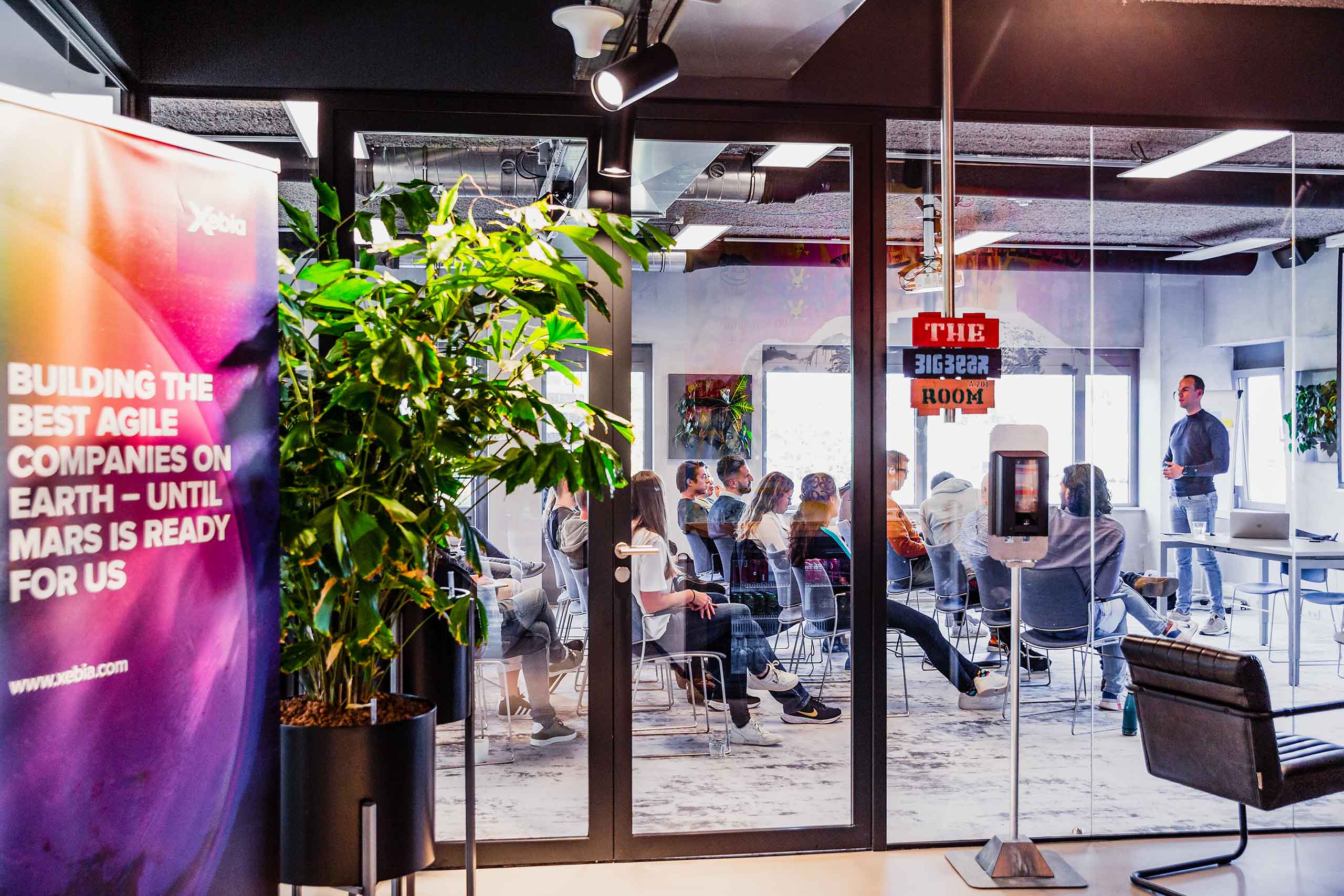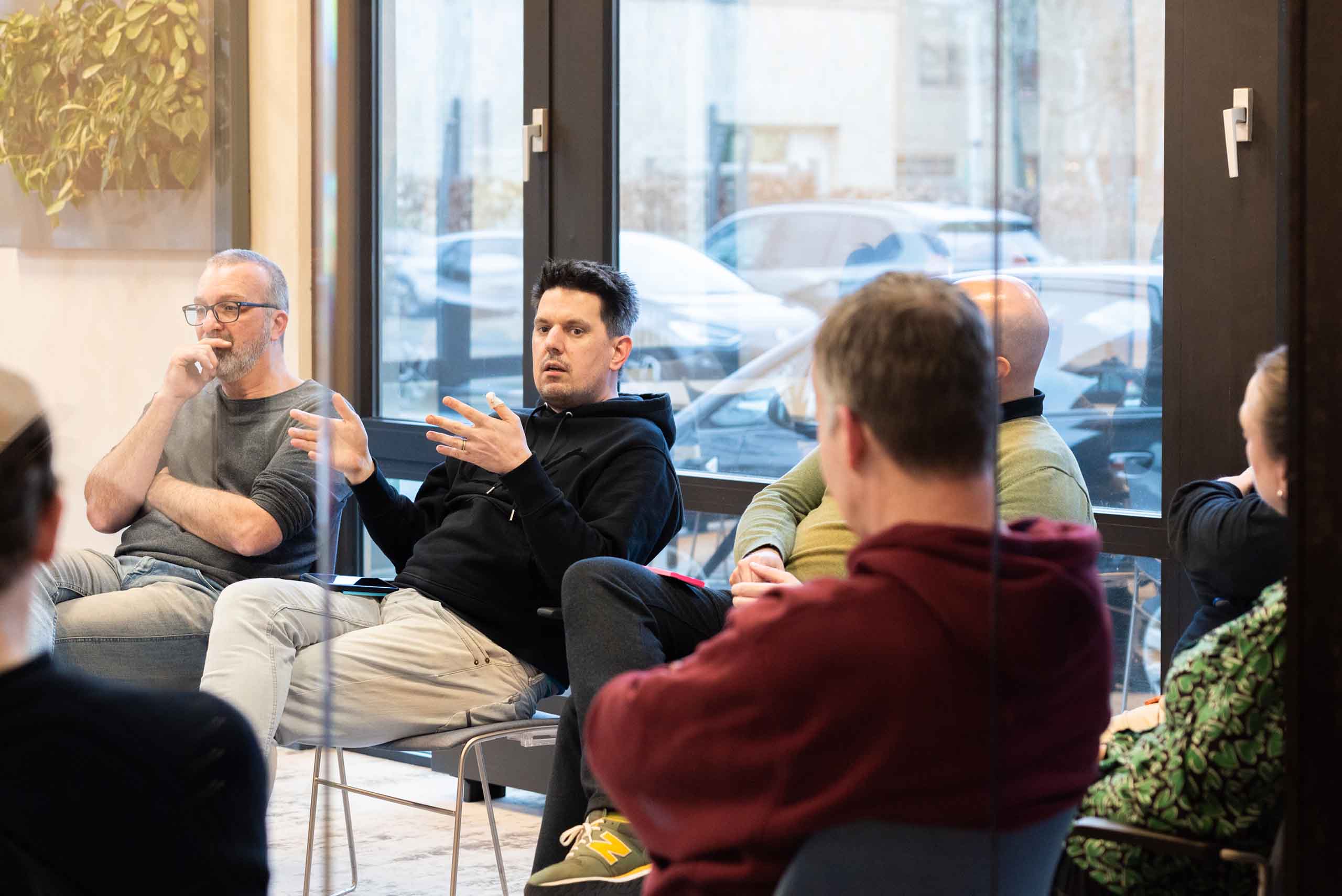Data Engineering on Google Cloud Platform
13 May, 2024 – Hilversum, The Netherlands
Ready to become a Professional Data Engineer on Google Cloud Platform (GCP)? Design data-processing systems, build end-to-end data pipelines, analyze data, and carry out machine learning, all within four days. Join us for an immersive journey into Google Cloud’s data engineering capabilities. Note that this course is part of Google’s Data Engineering track, leading to the Professional Data Engineer certificate.
Looking to upskill your team(s) or organization?
Max will gladly help you further with custom training solutions.
Get in touchDuration
4 days
Time
09:00 – 17:00
Language
English
Lunch
Included
Certification
No
Level
Professional
What will you learn?
Are you a Developer responsible for managing Big Data transformations? Do you want to become a professional on the Google Cloud Platform? Embark on this comprehensive four-day journey packed with interactive presentations, real-world demonstrations, and practical hands-on labs that prepare you to design and build data processing systems on the Google Cloud Platform. Build complete pipelines, analyze data, and delve into machine learning concepts; this training equips you with real-world skills to succeed in the dynamic field of data engineering.
Key takeaways
- Architecting robust data processing systems.
- Building end-to-end pipelines.
- Analyzing and interpreting complex datasets.
- Carrying out powerful machine learning solutions.
- Mastering Google Cloud Dataproc.
- Working with serverless data analysis.
Program
- Google Cloud Dataproc Overview: Leverage Dataproc’s features for optimal cluster management and scaling.
- Running Dataproc Jobs: Execute Pig, Hive, and more with seamless separation of storage and computing.
- Integrating Dataproc with Google Cloud Platform: Customize clusters with initialization actions and integrate BigQuery seamlessly.
- Making Sense of Unstructured Data with Google’s Machine Learning APIs: Harness Google’s ML APIs to derive insights from unstructured data.
- Serverless data analysis with BigQuery: Dive into BigQuery’s capabilities for robust data analysis.
- Serverless, autoscaling data pipelines with Dataflow: Master Dataflow for scalable data pipelines and processing.
- Getting started with Machine Learning: Gain foundational insights into machine learning.
- Building ML models with Tensorflow: Create robust machine learning models using TensorFlow.
- Scaling ML models with CloudML: Scale your machine learning models with Google Cloud ML.
- Feature Engineering: Learn how to engineer features to enhance model performance.
- Architecture of streaming analytics pipelines: Discover the architecture behind effective streaming analytics.
- Ingesting Variable Volumes: Explore Cloud Pub/Sub for managing variable data volumes.
- Implementing streaming pipelines: Learn to handle late data and design effective pipelines.
- Streaming analytics and dashboards: Transform streaming data into actionable insights and visualizations.
- High throughput and low latency with Bigtable: Unlock the potential of Cloud Spanner and Bigtable for high-throughput data processing.
Who is it for?
This training is ideal for experienced developers handling data transformations, pipeline design, machine learning models, and data analysis. Join if you’re eager to become a Professional Data Engineer on GCP.
Requirements
Please note that because this is an advanced course, participants must have completed the Google Cloud Fundamentals: Big Data & Machine Learning course or have proficiency with standard query language proficiency in SQL, data modeling, extracting, transforming, and loading activities, developing applications using a programming language like Python, and Machine Learning and/or statistics.
Why should I do this training?
Gain Expertise in GCP Data Engineering. Develop end-to-end data solutions on Google Cloud Platform
Learn from Industry Experts Led by Cloud gurus from Binx.io, a Google Cloud Authorized Training Partner
Prep for Certification: Arm yourself for Google’s Professional Data Engineer exam
Exam and Certification
While this training does not offer a certificate, it is designed to prepare you for Google’s Professional Data Engineer exam and certification while polishing your skills. Google does recommend that you have 3+ years of industry experience, including 1+ years designing and managing solutions using GCP, before taking the exam. The exam is not included in this training.

What else
should I know?
After registering for this course, you will receive a confirmation email with practical information. A week before the training, we will share relevant literature if you need to prepare.
See you soon!
Course information
Literature and lunch are included in the price.
Travel and accommodation expenses are not included.
You will need to bring your laptop (with admin rights) for a seamless, hands-on experience.
This Cloud training is brought to you by Xebia Cloud. Xebia Cloud is a Google Cloud Authorized Training Partner, and your trainer is a real Cloud guru who enjoys sharing their experiences to help you get the most out of GCP.







